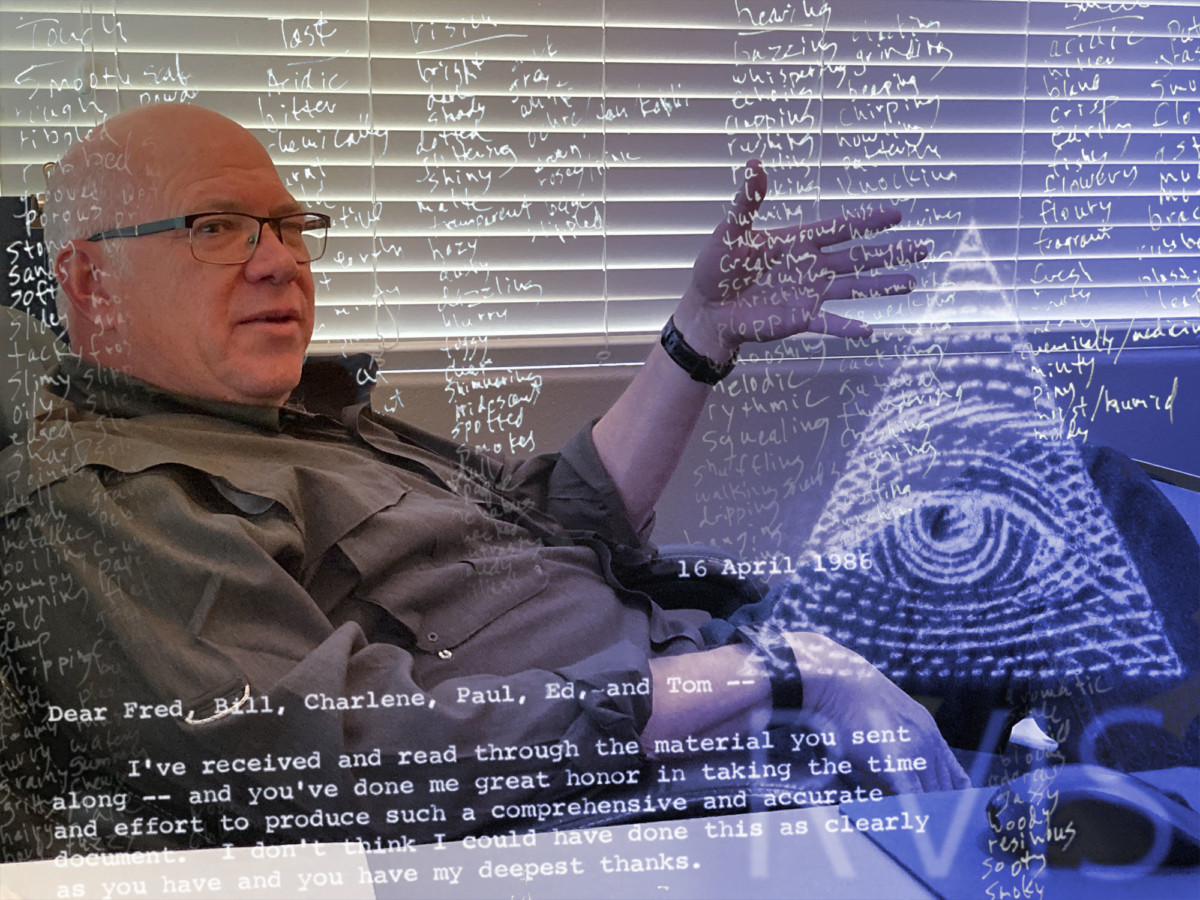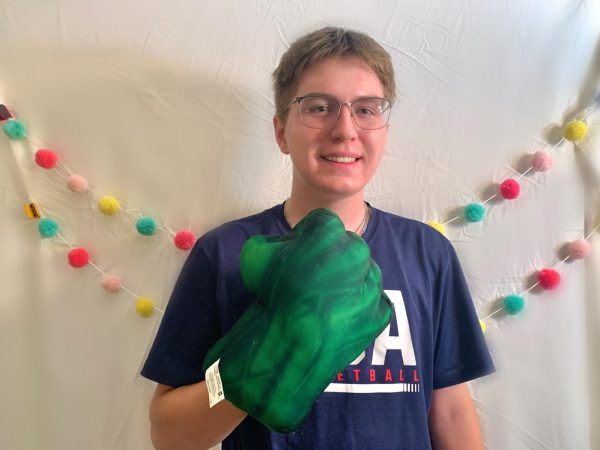Throughout history, psychic powers were merely fictional tales. The world has dreamed of possessing the power to read minds, like Professor X in the “X-Men” series, in order to enter the supernatural world. But in the 70’s, a secretitive research project shut out from the world gave insight into how endless the opportunities are for research into human psychic abilities for the modern world, which should be further studied considering today’s technological advances.
The Stargate Project was a secretive research project funded by the United States Central Intelligence Agency from 1972-1995, which underwent psychological experimentation to explore possible uses for war. These operations were essential in sparking conversations about the possibility of expanding psychic powers, and this research should be valued and continued in the future.
The best example of utilizing these psychic powers comes from a process called remote viewing. To remote view, a person trains to enter a meditative state where they can see faint visions of real physical objects and/or places in completely different geographic locations. Without the use of the five basic senses, a remote viewer trains to interpret their vision without logical explanation. The CIA states that remote viewing is “a talent which is inherent to every human to some degree.”
The Stargate Program was originally created by the CIA to counter the Soviet program they received word of during the Cold War. In the 80’s, the Stargate Program became affiliated with the Defense Intelligence Agency, which used the program to “collect intelligence against foreign targets, using laboratory studies to find new ways to improve remote viewing for the use of intelligence world, and the analysis of foreign activities to develop or exploit the paranormal for any uses which might affect our national security.” The CIA’s report on the Stargate Program’s conclusion states that “it is clear to the author that anomalous cognition is possible and has been demonstrated,” they said. The report confirms that the format of the experiments lacked accuracy, but with further knowledge and research could prove definitive results and methodologies.
An example of the Stargate Project proving to be successful is with the most renowned remote viewer, Joseph McMoneagle. McMoneagle was formerly in the Army as a warrant officer before being selected to become a physic participant in 1978. Over time, McMoneagle established himself as the “best” psychic in the Stargate Program and the entire world. He not only was the headline for the Stargate Program, but also the clearest evidence of psychic phenomena to the CIA. Under the National Security Council, McMoneagle used remote viewing to identify the undisclosed Soviet base and accurately described Russia’s new nuclear submarine, the Typhoon, in 1981. Another example of McMoneagle’s abilities is when he helped identify the location of kidnapped American General James Dozier with no information.
While Joseph McMoneagle was the most notable remote viewer in the Stargate Program, there were dozens of other volunteers that went through the program. From the CIA’s evaluation of the Stargate program, they confirmed that the program’s results were inconclusive with a 20% success rate. However, with further research and focusing on testing in a controlled environment, data may be scientifically groundbreaking.
Though there is concrete evidence of psychic abilities existing, the majority of the scientific community and society continues to reject the research because of its tendency to be defective and non-conclusive. Nonetheless, the future of psychological research offers unknown possibilities of human consciousness that often can not be explained scientifically. Remote viewing has proved itself to be beneficial in the most bizarre scenarios, sparking potential for new discoveries with further research.
With Stargate’s research into remote viewing shutting down in the 90’s, the question of whether or not these para-psychological discoveries have any validity remains. Around the world, para-psychological research is rare to find due to the incriminating label that it is “pseudoscience.” Few examples include the Society For Psychical Research in the United Kingdom, which has researched psychic phenomena since 1812. They publish a variety of different articles on precognition, consciousness, telepathy and many more topics in parapsychology. Additionally, the University Of Virginia leads research into parapsychology along with different research organizations and universities around the world.
The stigma around discrediting phenomena contributes significantly to the lack of proper research and awareness of parapsychology. In the future, with more research and data, phenomena that often seem not possible may be accessible outside of our current senses or abilities. Without properly researched conclusions on the subject, we will never reach a definite answer on the possible capabilities the human brain has yet to uncover. Going forward, para-psychological research should be valued by society and investigated to discover the hidden secrets that the brain possesses.









